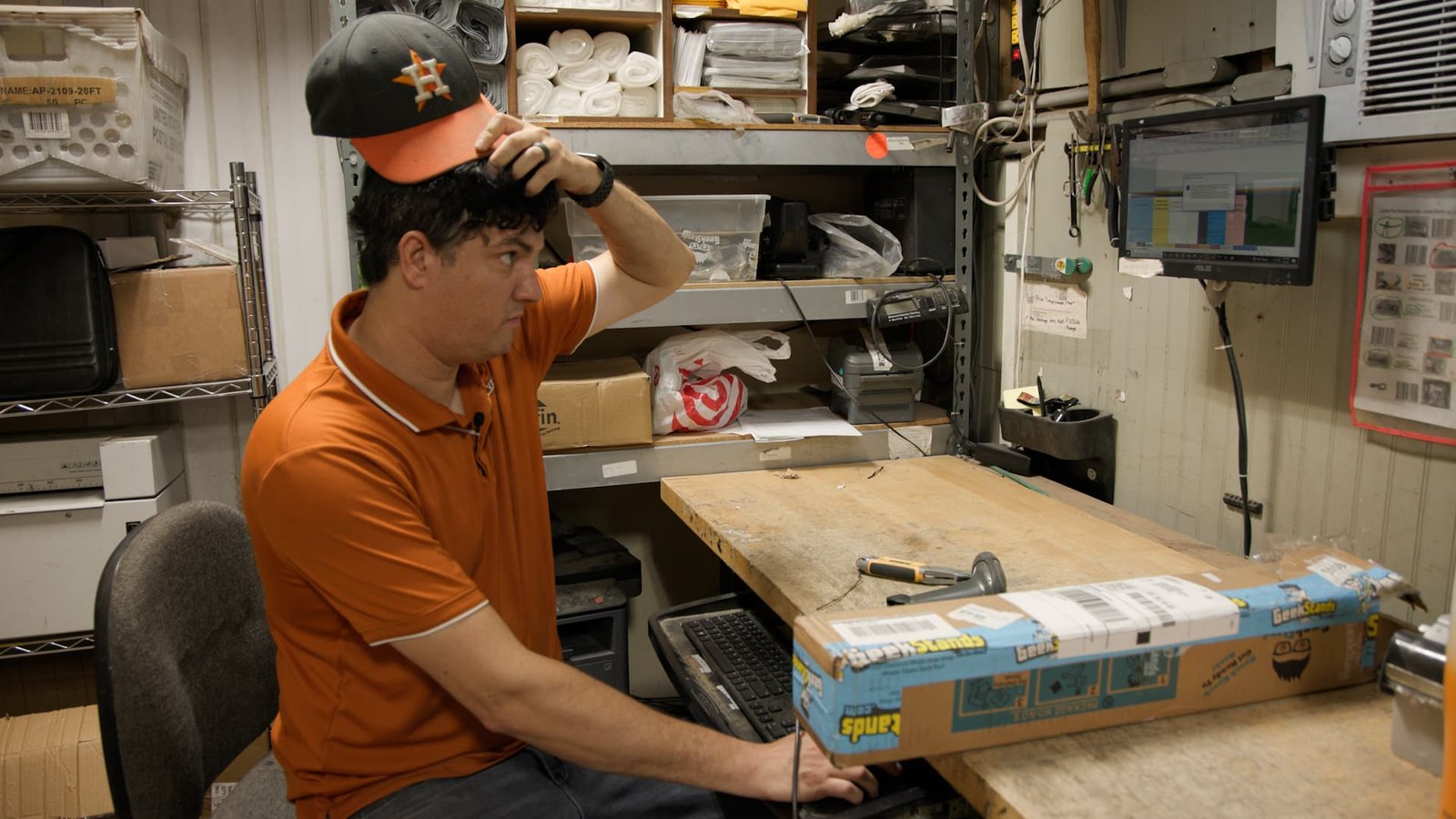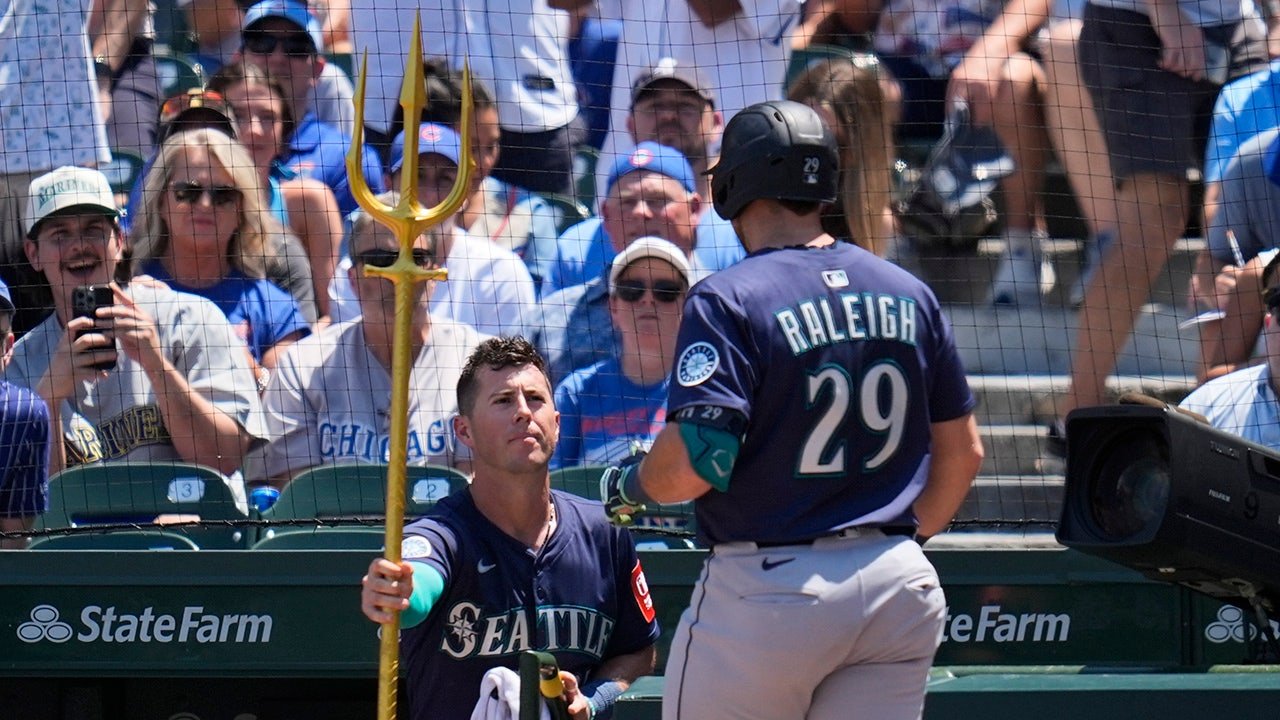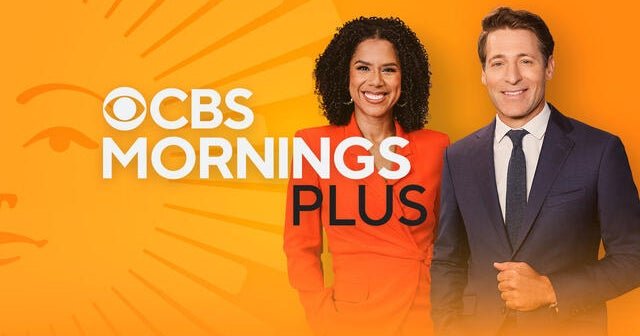Returns on Amazon are free and easy for shoppers, but they’re risky and expensive for the small businesses that sell a majority of the goods on the world’s biggest e-commerce site. Returns have driven some sellers to exit the popular Fulfillment by Amazon program, while others told CNBC they’d like to leave the platform altogether.
At the heart of the problem is a big rise in returns fraud, which has led to customers mistakenly receiving used products when they ordered something new. In two particularly egregious examples involving baby products described to CNBC, Amazon sent customers used diapers and a chiller with someone else’s rotten breastmilk inside.
“I really don’t think that consumers understand how many small businesses are on Amazon and how their return habits affect small businesses and families like mine,” said Rachelle Baron, owner of Beau and Belle Littles, which sells reusable swim diapers on Amazon.
Baron said her business tanked after a return incident with Amazon. The e-commerce platform shipped soiled swim diapers to customers after the used baby products had been returned to Amazon, Baron said.
“There was actually two diapers that were sent out that were poopy,” she said.
In 2024, nearly 14% of all U.S. retail returns were fraudulent, up from 5% in 2018, according to a report by the National Retail Federation. In total, the report found that returns cost retailers $890 billion in 2024.
Amazon started charging sellers in its fulfillment program (FBA) a new fee in June 2024 for items that exceed certain return rate thresholds. Sellers who sign up for FBA rely on Amazon for logistics, including shipping, packing and returns.
In September, a couple months after the fee went into effect, e-commerce group Helium 10 saw return rates for U.S. Amazon sellers drop nearly 5%.
“It’s forcing the seller to have higher quality listings and higher quality products,” said Helium 10 General Manager Zoe Lu.
Amazon has also started adding a warning label to some “frequently returned items,” which could be contributing to the dip.
survey by e-commerce analysis company SmartScout found that 65% of sellers said they raised prices in 2024 directly because of Amazon fee changes. Other sellers told CNBC returns fraud is the reason they’ve raised prices.
In total, CNBC talked to seven Amazon sellers to find out how they’re handling the rising cost of returns.
“We’re running at about just over 1% net profit on Amazon, totally due to fraud and return abuse,” said Lorie Corlett, who sells Sterling Spectrum protective cases for hot wheels. She said her return rate is 4% on Amazon and only 1% on other marketplaces like Walmart. “It’s really Amazon that’s accountable at the end of the day. People would stop doing it if Amazon held them accountable.”
Amazon told CNBC it has no tolerance for fraudulent returns and that it takes action against some scammers. Those measures include denying refunds and requiring customer identity verification.
Mike Jelliff sells professional music gear through his GeekStands brand on Amazon and eight other marketplaces. He said his return rate on Amazon is three times higher than the average he sees elsewhere.
“On eBay, we’re allowed to block specific customers out,” Jelliff said. “But on Amazon, that customer is still allowed to repurchase from us.”
Jelliff showed CNBC the system of about 40 cameras he’s installed in his Tyler, Texas, warehouse to track every outgoing item, incoming return and unboxing. He uses the images when filing appeals with Amazon, including when customers request refunds claiming they never receive an item. He keeps a blacklist of repeat offenders who commit this kind of fraud and those who return used and damaged items, which become a total loss for him.
Amazon has made some improvements to its returns process, said Jelliff, who doesn’t rely on FBA. This includes Amazon allowing small businesses to make multiple appeals when fighting a fraudulent return. Amazon has also let Jelliff opt-out of automatic return labels for items above $100 starting in 2023, and his return rate has been dropping since.
Mike Jelliff at his GeekStands warehouse in Tyler, Texas, on June 6, 2025. Jelliff sees three times more returns of his professional music gear on Amazon, compared to the average on other marketplaces like eBay and Walmart.
Jacob Schatz



